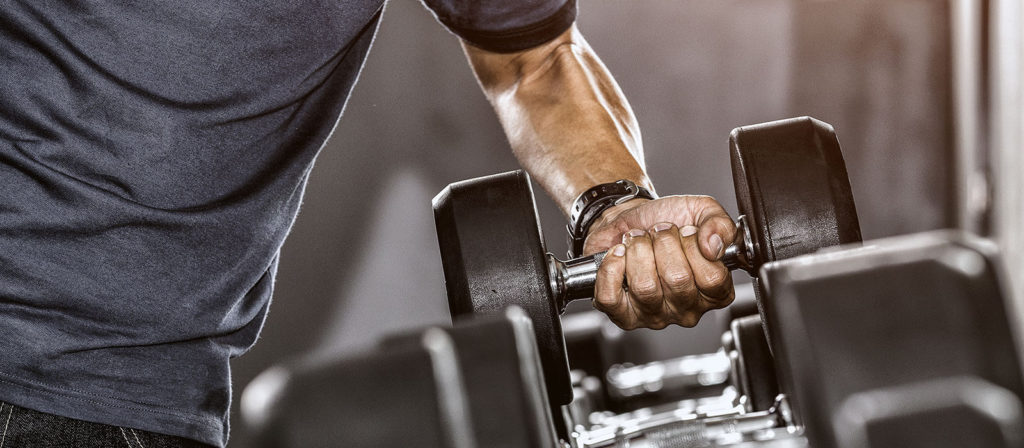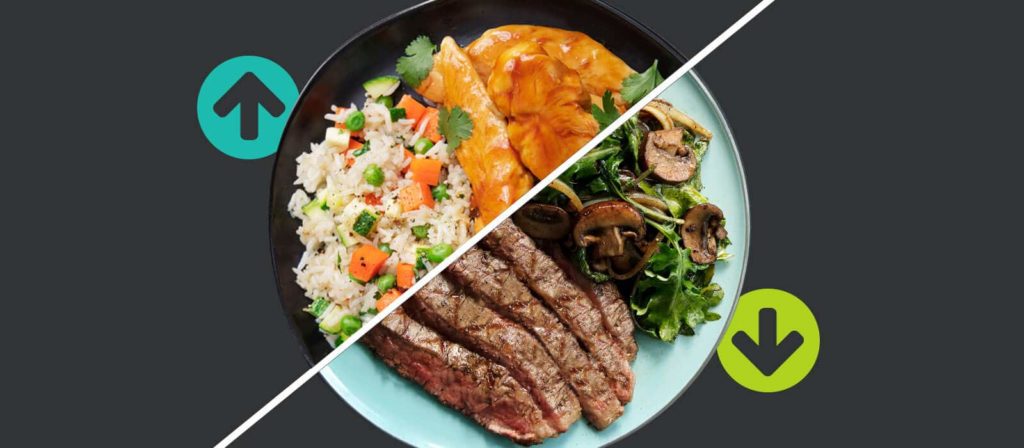Insulin is a hormone produced by the pancreas that regulates carbohydrate and fat metabolism. Many people think insulin is a type of medication because of its link to diabetes patients. Unless a person has type 1 diabetes, everyone produces some amount of insulin.
For this article, we’ll explore the concepts of insulin sensitivity and insulin resistance. People who are insulin sensitive require a lower level of insulin to regulate blood sugar than those who are insulin resistant.
Why is this important? Well, the pancreas can only produce so much insulin to offset the amount of sugar we eat. If the pancreas cannot supply enough insulin to regulate blood sugar, external insulin is needed. Untreated high blood sugar can lead to a life-threatening condition called ketoacidosis – commonly known as diabetic coma.
A high level of insulin also prevents the body from using fat as energy. Insulin causes nutrients to be stored in the fat cells and blocks these cells from being burned. The more sugar and starchy carbs a person eats, the more insulin the body produces. Insulin acts as a security blanket for bodyfat. Eating high amounts of sugar and starchy carbs makes us fat. Period.
Scary stuff indeed, but all is not lost. Doctors have told us for years that maintaining a healthy diet and exercising will help ward off diabetes, heart disease and other conditions. The details, however, were always a little sketchy. All kinds of complicated diets have emerged telling people to eat this and not eat that. The rules change constantly. Some tell you to eat cake and lose weight. Others say to never eat cake again and lose weight.
Since the theme of this article is exercise, Ill briefly touch on nutrition. Similar to Metabolic Meals, a diet rich in protein, vegetables and healthy fats is the “Holy Grail” of insulin management. Carbohydrates is the one nutrient that plays a huge role on insulin production. It makes perfect sense to monitor and possibly reduce this nutrient as well as distinguish between types of carbohydrates.
What should be done about exercise, though? Most people go straight to the treadmill or to the nearest park and begin a walking regimen. Unless you’re a marine who hikes the mountains of Afghanistan with a 100-lb. rucksack on your back every day, walking won’t do a whole lot.
You need to build muscle. Lean muscle acts as a supplemental depository for glucose or sugar. Protein builds muscle, but sugar is its guilty pleasure. Contracting muscles absorb glucose or sugar from the bloodstream. Therefore, lean muscle helps the pancreas as the organ has to produce less insulin to regulate the body.
Resistance training involves multiple muscle contractions per session and the muscles themselves continue to absorb sugar even after you’ve left the gym. It’s not about building huge muscles. The name of the game is more muscle relative to the amount of bodyfat you have.
Lean muscle makes the body a more effective sugar-absorbing, fat-machine. You become insulin sensitive as the body requires lower levels of the hormone. Muscles are known to help tear down walls. Building more muscle helps tear down the wall to fat loss and a healthier you. Make sure to contact a qualified fitness professional and start building more muscle as soon as possible.
Written by Solomon Alexander: accomplished coach and training & nutrition enthusiast.






